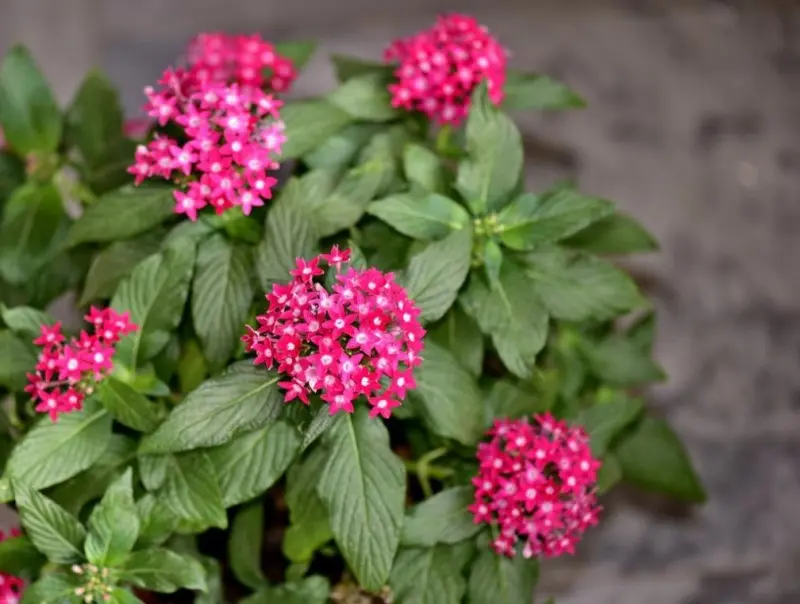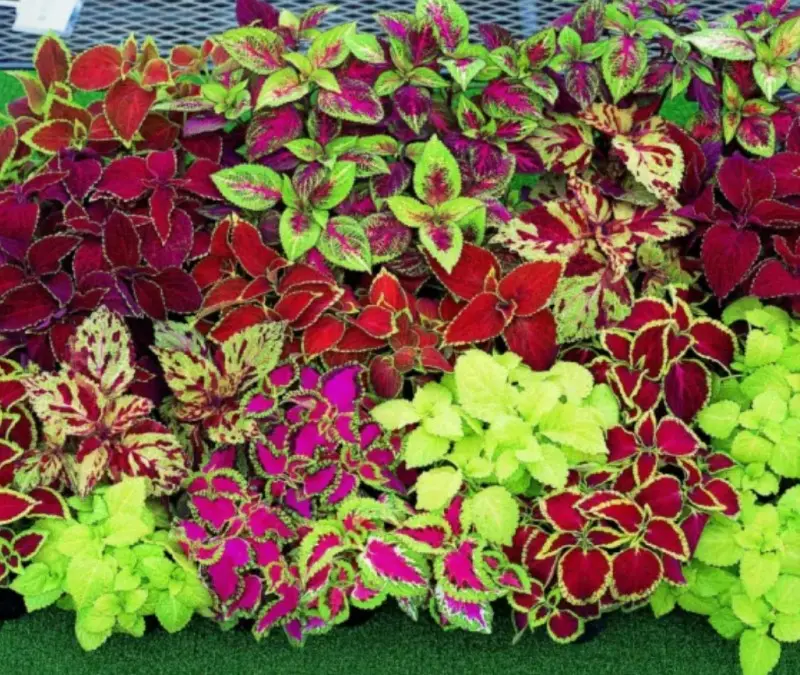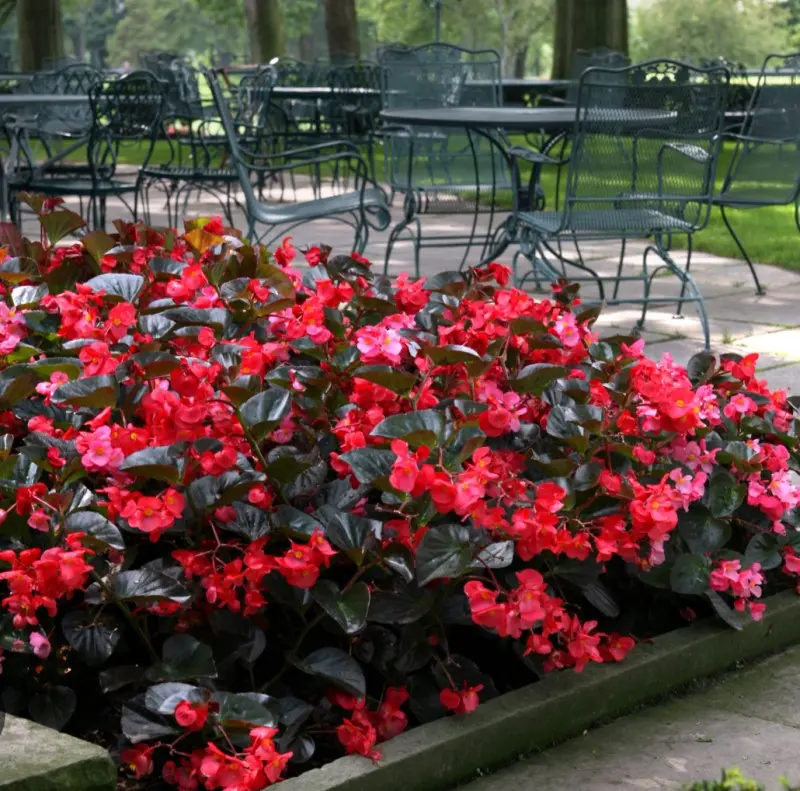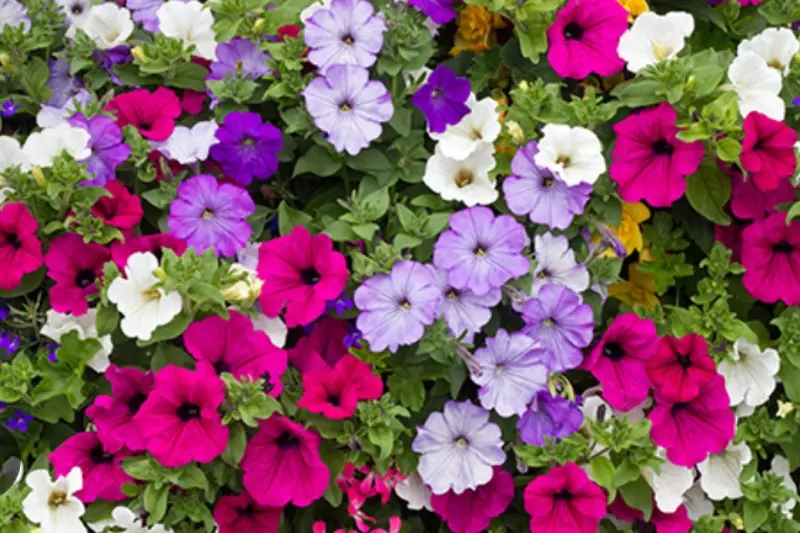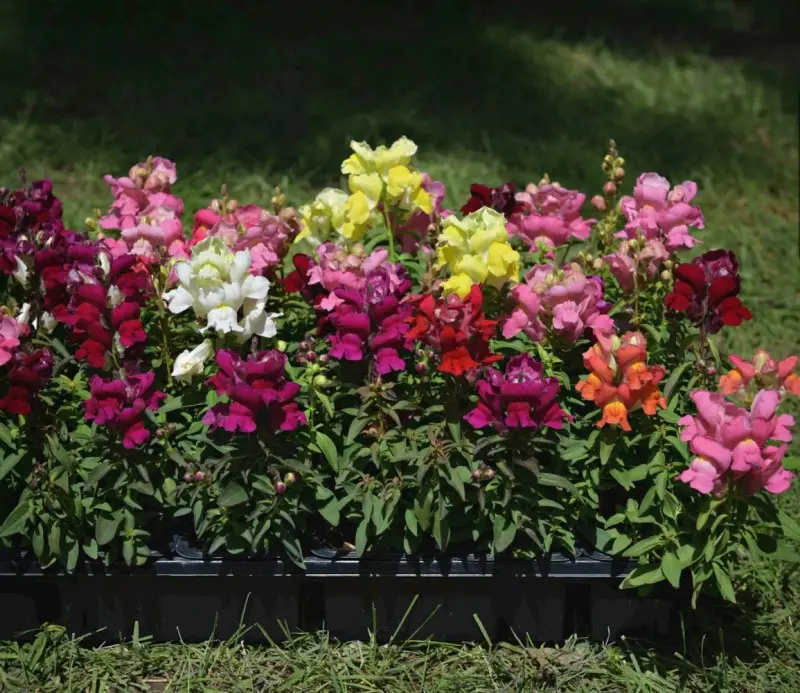Description
Pentas (Pentas lanceolata), commonly known as Egyptian Star Flower, is a tropical perennial celebrated for its clusters of star-shaped blooms that attract pollinators like butterflies and hummingbirds. Native to Africa and Arabia, pentas produce vibrant flowers in shades of pink, red, white, purple, and lavender, adding continuous color to gardens from spring through fall. Their lush, green foliage and prolific blooming make them a popular choice for garden beds, borders, and containers.
Pentas typically grow between 18 to 36 inches tall and 12 to 24 inches wide, forming a bushy, mounded habit. They thrive in USDA zones 10-11 as perennials but are often grown as annuals in cooler climates. Pentas prefer full sun to partial shade and well-draining, fertile soil. They are heat-tolerant and moderately drought-resistant once established, making them suitable for warm, sunny locations. Regular watering promotes optimal blooming, especially during dry spells.
Low-maintenance and relatively pest-free, pentas benefit from occasional deadheading to encourage continuous flowering. They can be propagated from seeds or softwood cuttings, allowing gardeners to expand their collection easily. With their vibrant, nectar-rich flowers and adaptability, pentas are an excellent addition to pollinator gardens, providing beauty and ecological benefits throughout the growing season.

